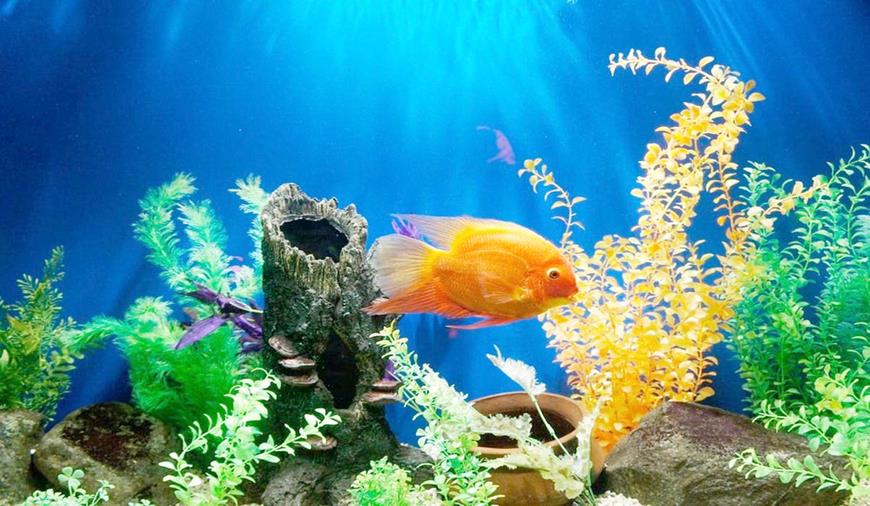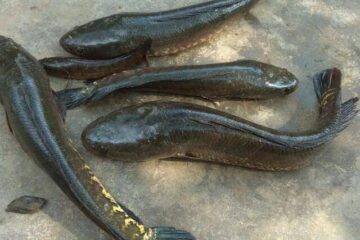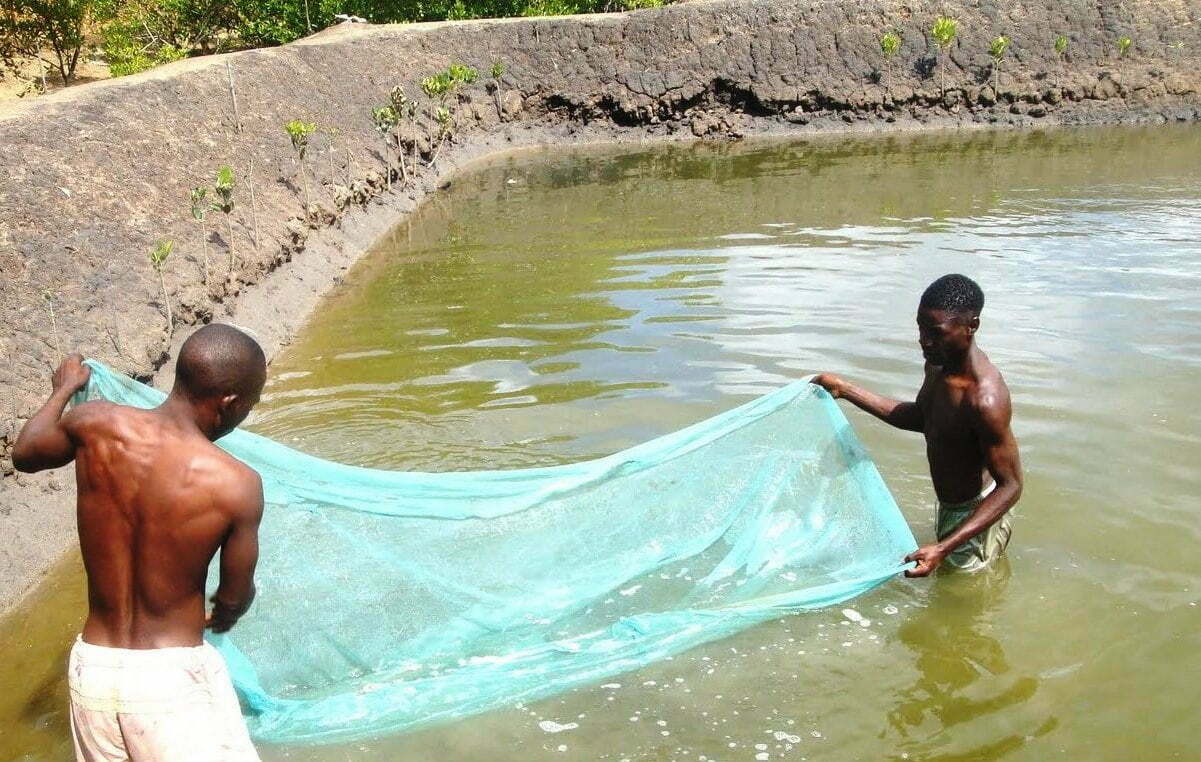Vitamins play a crucial role in enhancing the immune system of fish. Nutrient deficiencies and other factors can lead to increased susceptibility to diseases in fish. Therefore, it is essential to maintain adequate levels of vitamins and nutrients to ensure their health and immunity. Here is an overview of the importance of vitamins in fish nutrition and their effects on fish health.
Vitamins
Vitamins are essential for metabolic processes in the body. Deficiencies in vitamins can occur due to inadequate dietary intake, environmental factors, or metabolic disorders. When the stomach retains food for extended periods, oxidative stress can lead to the breakdown of fats, resulting in vitamin deficiencies. This deficiency can compromise the immune system, especially during growth phases, reproduction, and stress periods. The need for vitamins varies with changes in water temperature, requiring more vitamins at higher temperatures to repair damaged tissues and prevent diseases.
Vitamins in aquatic animals are categorized into water-soluble and fat-soluble vitamins (such as A1, D3, and E). Vitamins E and other antioxidants like ascorbic acid, beta-carotene, and selenium are essential for maintaining a stable immune system in both aquatic and terrestrial animals. Excessive intake of water-soluble vitamins can lead to their excretion from the body, thus, their dietary intake should be monitored.
Vitamin E
Vitamin E is a fat-soluble antioxidant that prevents the oxidation of fats. Recent studies have shown that the role of Vitamin E in enhancing immune response is variable. Hardy (1990) found that 2% of Vitamin E intake in Atlantic salmon did not significantly alter superoxide production, lysozyme secretion, or lipopolysaccharide formation.
Vitamin E boosts immunity and prevents diseases like furunculosis, a bacterial infection causing kidney diseases. Other compounds like selenium, synthetic antioxidants, sulfur amino acids, methionine, cysteine, and ascorbic acid can also mimic the effects of Vitamin E. The requirement for Vitamin E in fish diets typically ranges from 150-400 mg per kg of feed, maintaining stable immunity. Both deficiencies and excesses of antioxidants in the diet can increase the need for Vitamin E.
Vitamin C
Vitamin C is essential for collagen formation, wound healing, chitin synthesis, and various metabolic processes. Recent research has highlighted the role of Vitamin C in enhancing immunity in fish by improving their resistance to bacterial and viral infections.
Vitamin C helps prevent diseases like hemorrhagic septicemia, erythrodermatitis, furunculosis in salmon, and vibriosis in fish. It also aids in the formation of immune cells and enhances phagocytosis. Although the specific effects of Vitamin C can vary among different fish species, it generally helps reduce stress-related issues in fish by improving their resistance to environmental stressors. Adequate Vitamin C in fish diets can mitigate the adverse effects of poor water quality, low oxygen levels, and high ammonia levels.
Other Vitamins
Vitamins A and B are crucial for the growth and development of fish. Various vitamins stimulate cell differentiation and play a role in the metabolism of carbohydrates, proteins, and fats. However, while nutrient density increases immunity in other animals, this concept does not hold true for fish.
Folic acid, riboflavin, pyridoxine, and pantothenic acid are necessary for the immune function in salmon, as noted by NRC (1981). Vitamin B deficiency caused by storage conditions can also affect immunity.
Conclusion
Further research is needed to fully understand the role of these vitamins in fish immunity. Ensuring adequate vitamin content in fish diets and understanding how they vary among different fish species is essential for maintaining fish health.
A. Anix Vivek Sandhiya, K. Lloyd Crispin, K. Karuppusamy, M. Vasanth Rajan, Valangundra Fish Breeding Center, Ganapathipuram.








